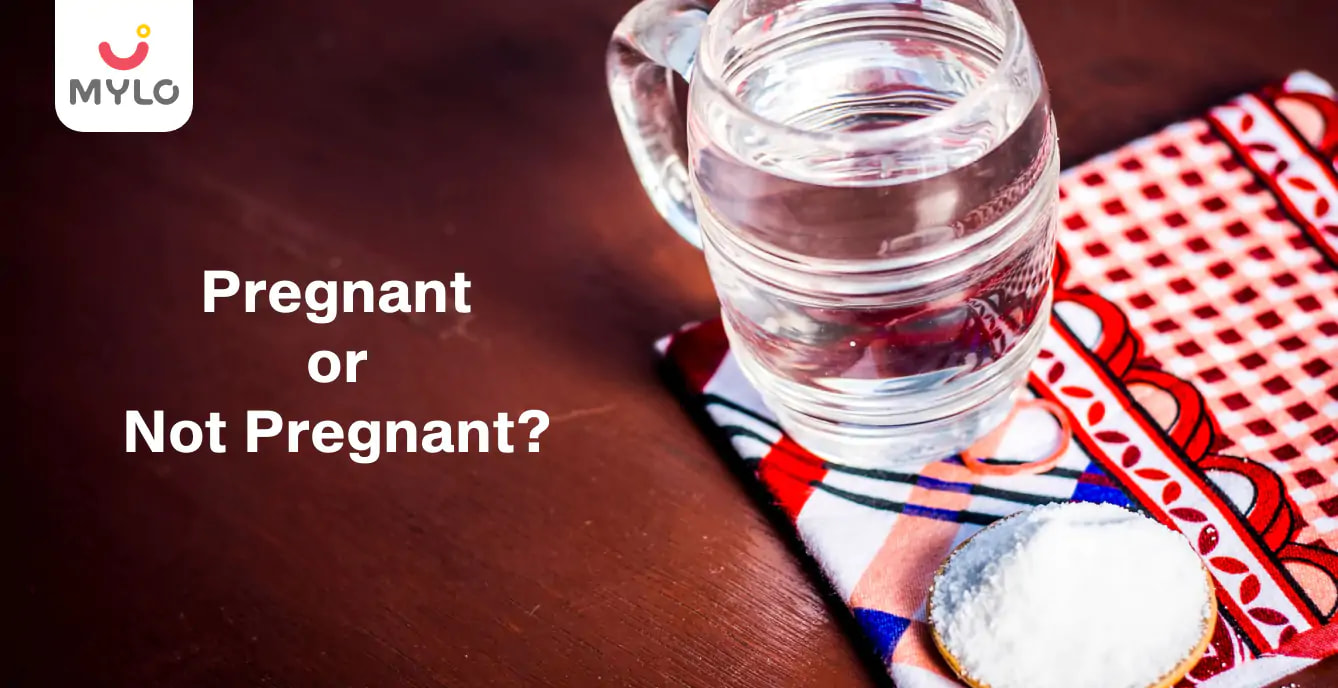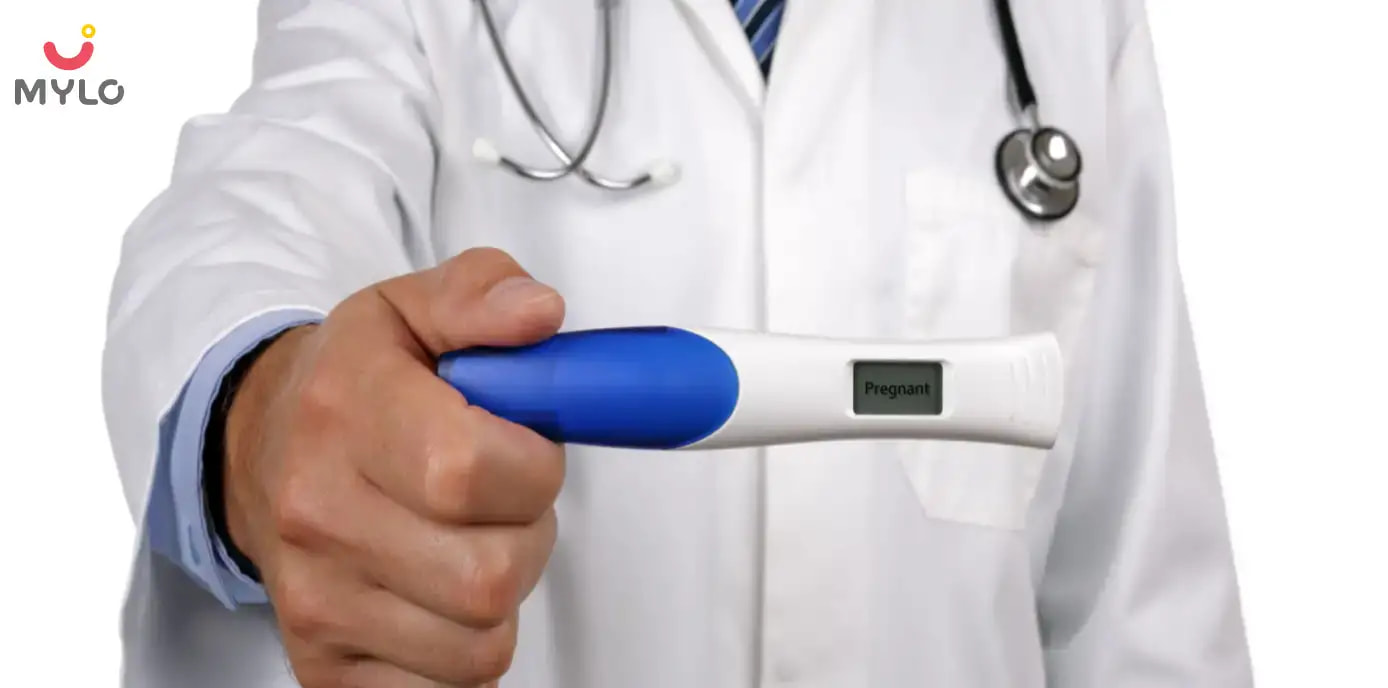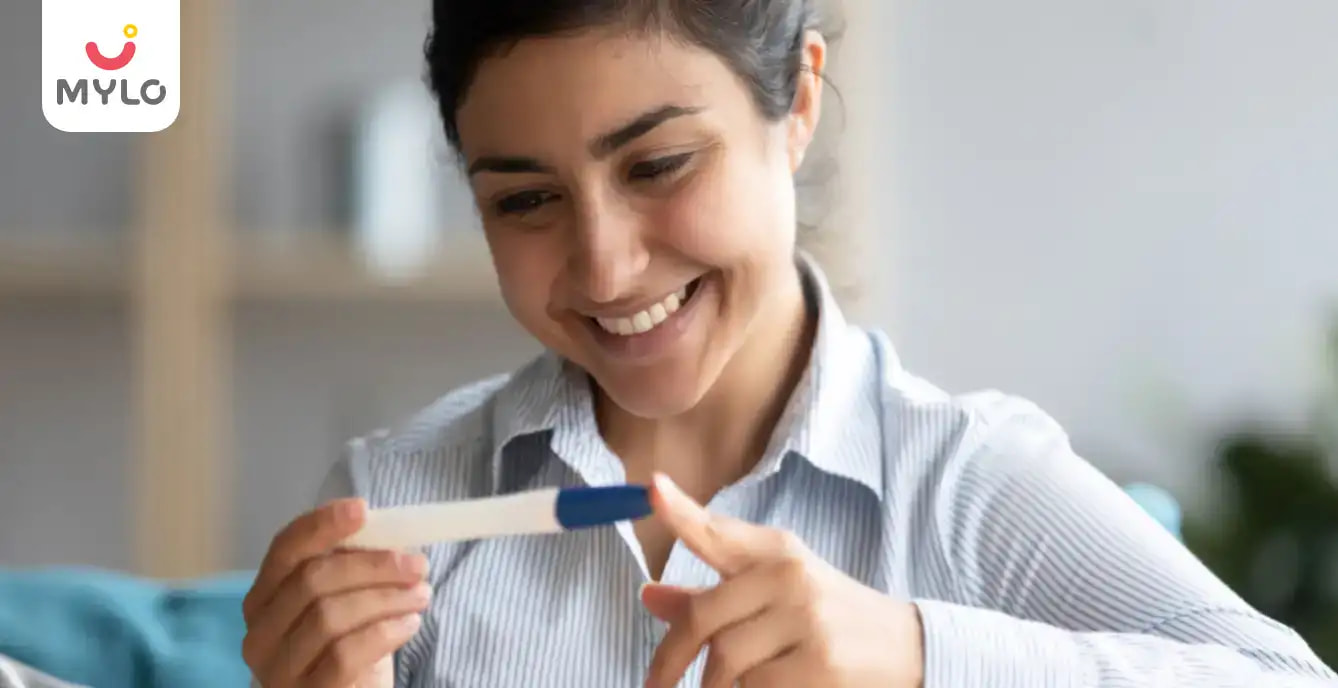Home

Pregnancy Tests

Pregnancy Test After Ovulation: Timing and Tips for Accuracy
In this Article

Pregnancy Tests
Pregnancy Test After Ovulation: Timing and Tips for Accuracy
Updated on 15 December 2023
The journey to becoming a parent is filled with excitement, hope, and a fair share of uncertainty. One crucial step in this process is knowing when to take a pregnancy test after ovulation. Timing is everything, and accuracy is key. In this article, we'll dive into the science behind pregnancy tests, explore the best time to take them and provide you with tips to ensure accurate results.
When to do pregnancy test after ovulation?
One of the most common questions that women ask when trying to conceive is, "When can I test for pregnancy after ovulation?" The timing of a pregnancy test is crucial for accurate results.
Ovulation occurs around the middle of a woman's menstrual cycle, typically 14 days before the start of her next period. After ovulation, the released egg can be fertilized by sperm, leading to pregnancy. However, it takes time for the pregnancy hormone, hCG, to build up in the body.
For most women, it is recommended to wait at least 10 to 14 days after ovulation before taking a pregnancy test. Testing too early can result in a false negative, as the levels of hCG may not be high enough to be detected by the test. Waiting for this period, also known as the "two week wait", can be challenging, but it is important for accurate results.
5 things to remember during the TWW (two week wait)
The two week wait can be a time of heightened anticipation and anxiety for women hoping to become pregnant. Here are five things to remember during this waiting period:
1. Stay positive
It is natural to feel anxious and impatient during the TWW, but try to stay positive and keep your spirits up. Stress can have a negative impact on fertility, so find ways to relax and take care of yourself.
2. Avoid early testing
While it may be tempting to take a pregnancy test as soon as possible, it is best to wait until the recommended time frame of 10 to 14 days after ovulation. Testing too early can lead to false negatives and unnecessary disappointment.
3. Distract yourself
Keep yourself occupied during the TWW to take your mind off the waiting. Engage in activities you enjoy, spend time with loved ones, or take up a new hobby. Keeping busy can help alleviate stress and make the waiting period more bearable.
4. Take care of your body
During the TWW, it is important to take care of your physical health. Eat a balanced diet, exercise regularly, and get enough sleep. Maintaining a healthy lifestyle can improve your overall well-being and increase your chances of conceiving.
5. Lean on support
Reach out to friends, family, or online communities for support during the TWW. Talking to others who are going through a similar journey can provide comfort, reassurance, and valuable advice. Remember, you are not alone in this process.
Factors that can affect the accuracy of a pregnancy test post ovulation
While waiting for the appropriate time to take a pregnancy test is important, it is also crucial to be aware of factors that can affect the accuracy of the results. Here are a few factors to consider:
1. Testing too early
As mentioned earlier, testing too early can result in a false negative. This is because the levels of hCG may not be high enough to be detected by the test. It is best to wait until the recommended time frame to ensure accurate results.
2. Using an expired or faulty test
Always check the expiration date on the pregnancy test before using it. Using an expired or faulty test can lead to unreliable results. It is also important to follow the instructions provided with the test to ensure proper usage.
3. Drinking excessive fluids
Drinking excessive fluids, especially right before taking a pregnancy test, can dilute the concentration of hCG in urine, potentially leading to a false negative result. It is best to avoid excessive fluid intake before testing.
4. Certain medications or medical conditions
Certain medications and medical conditions can interfere with the accuracy of a pregnancy test. If you are taking any medications or have underlying medical conditions, it is advisable to consult with your healthcare provider for guidance on when and how to take a pregnancy test.
You may also like: Pregnancy Test After Sex: How Timing Can Affect Your Results
Step-by-step guide on taking a pregnancy test after ovulation
Once the recommended time frame for testing has passed, it is important to follow the proper steps to ensure accurate results. Here is a step-by-step guide on taking a pregnancy test:
1. Read the instructions
Start by carefully reading the instructions provided with the pregnancy test. Familiarize yourself with the process and any specific guidelines mentioned.
2. Collect urine sample
Collect a urine sample in a clean, dry container. It is usually recommended to use the first-morning urine, as it is more concentrated and likely to contain higher levels of hCG.
3. Perform the test
Depending on the type of pregnancy test, either hold the absorbent tip in your urine stream or dip it into the collected urine. Make sure to follow the instructions regarding the duration of holding or dipping the test.
4. Wait for the results
After performing the test, set it aside and wait for the recommended amount of time mentioned in the instructions. Avoid checking the test too early, as it can lead to inaccurate results.
5. Interpret the results
Once the specified time has passed, check the test for the result. Most pregnancy tests use lines or symbols to indicate a positive or negative result. Refer to the instructions to understand the interpretation of the results.
How soon can pregnancy after ovulation be confirmed?
Confirmation of pregnancy post ovulation can vary from woman to woman. For some, it may take a few days after the missed period to receive a positive result on a pregnancy test. However, for others, the pregnancy hormone hCG may be detected earlier, leading to an earlier confirmation of pregnancy.
Generally, a pregnancy can be confirmed within 10 to 14 days after ovulation. During this time, the levels of hCG in the body increase, allowing for accurate detection on a pregnancy test. It is important to note that every woman's body is unique, and individual factors such as hormone levels and implantation timing can influence the timing of confirmation.
What to do if you get a negative result?
Receiving a negative result on a pregnancy test post ovulation can be disappointing and disheartening. However, it is essential to remember that a negative result does not necessarily mean that you are not pregnant. Here are a few things to consider if you get a negative result:
1. Wait and retest
If you receive a negative result but still have not gotten your period, it may be too early to detect the pregnancy hormone hCG. Wait a few more days and retest if your period does not arrive.
2. Check test sensitivity
Different pregnancy tests have varying levels of sensitivity to hCG. If you are consistently receiving negative results but suspect that you may be pregnant, consider trying a different brand or a more sensitive test.
3. Consult a healthcare provider
If you have been trying to conceive for a while and consistently receive negative results, it may be beneficial to consult a healthcare provider. They can provide guidance, run additional tests if necessary, and offer support throughout your journey.
You may also like: How do doctors check for pregnancy?
The Bottomline
Timing and accuracy are crucial when it comes to a pregnancy test after ovulation. Waiting for the recommended time frame and following the proper steps can significantly increase the accuracy of the results. Remember to stay positive during the two week wait, take care of your physical and mental well-being, and reach out for support when needed. Ultimately, the journey to conception can be filled with ups and downs, but with patience and perseverance, you can increase your chances of achieving your desired outcome.
References
1. Chard T. (1992). Pregnancy tests: a review. Hum Reprod.
2. Gnoth C, Johnson S. (2014). Strips of Hope: Accuracy of Home Pregnancy Tests and New Developments. Geburtshilfe Frauenheilkd.



Written by
Anupama Chadha
Anupama Chadha, born and raised in Delhi is a content writer who has written extensively for industries such as HR, Healthcare, Finance, Retail and Tech.
Read MoreGet baby's diet chart, and growth tips

Related Articles
Related Questions
Influenza and boostrix injection kisiko laga hai kya 8 month pregnancy me and q lagta hai ye plz reply me

Hai.... My last period was in feb 24. I tested in 40 th day morning 3:30 .. That is faint line .. I conculed mylo thz app also.... And I asked tha dr wait for 3 to 5 days ... Im also waiting ... Then I test today 4:15 test is sooooo faint ... And I feel in ma body no pregnancy symptoms. What can I do .

Baby kicks KB Marta hai Plz tell mi

PCOD kya hota hai

How to detect pcos

RECENTLY PUBLISHED ARTICLES
our most recent articles
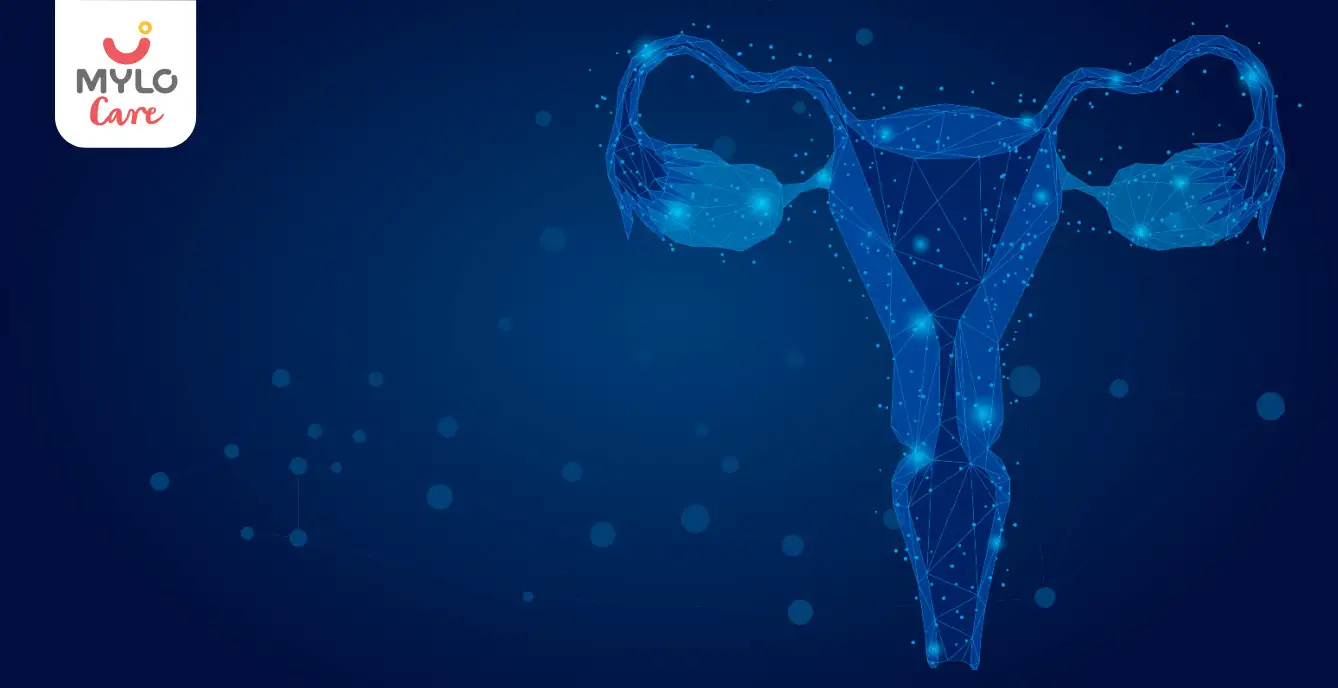
Ovaries
Bulky Ovaries Explained: What Every Woman Should Be Aware Of

Getting Pregnant
Ovulation: The Key to Maximizing Your Chances of Conception and Pregnancy

Fun & Humour
The Ultimate Compilation of Fancy Dress Ideas for Young Kids
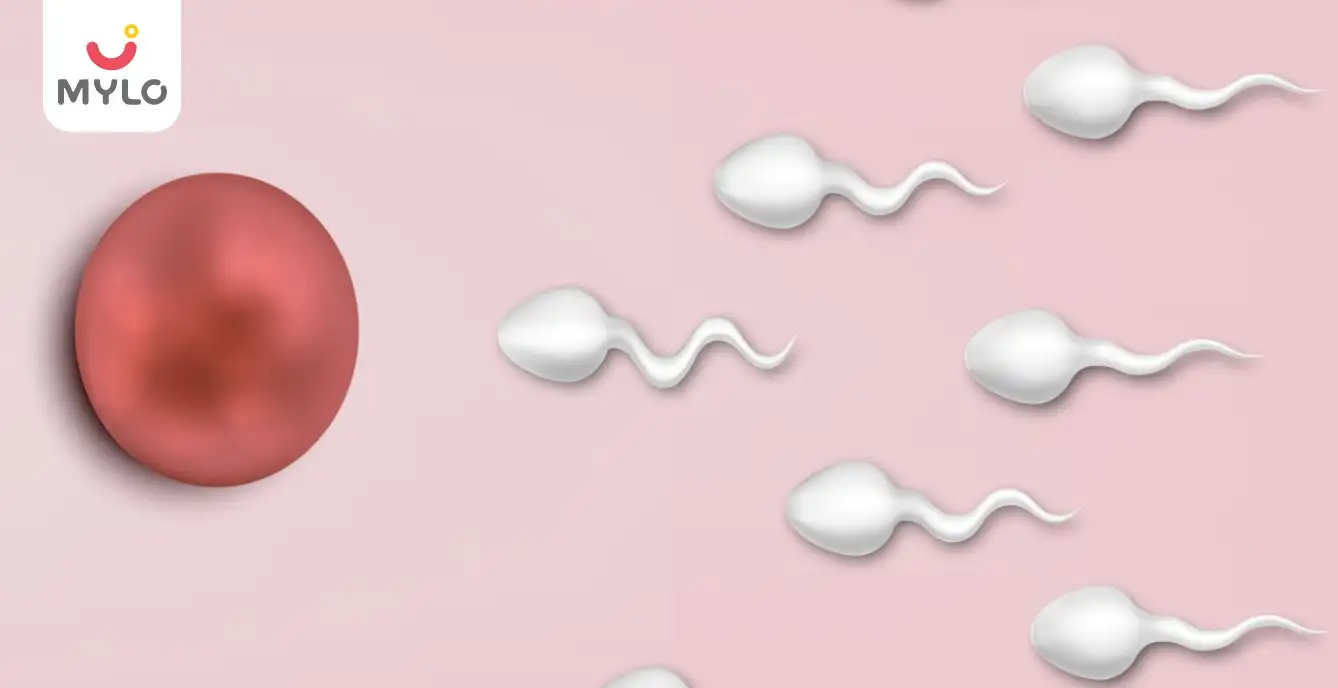
Conception
How Long Does Sperm Take to Reach the Egg?

Ovulation
Pregnancy Symptoms After Ovulation Day by Day: Exploring the Daily Progression
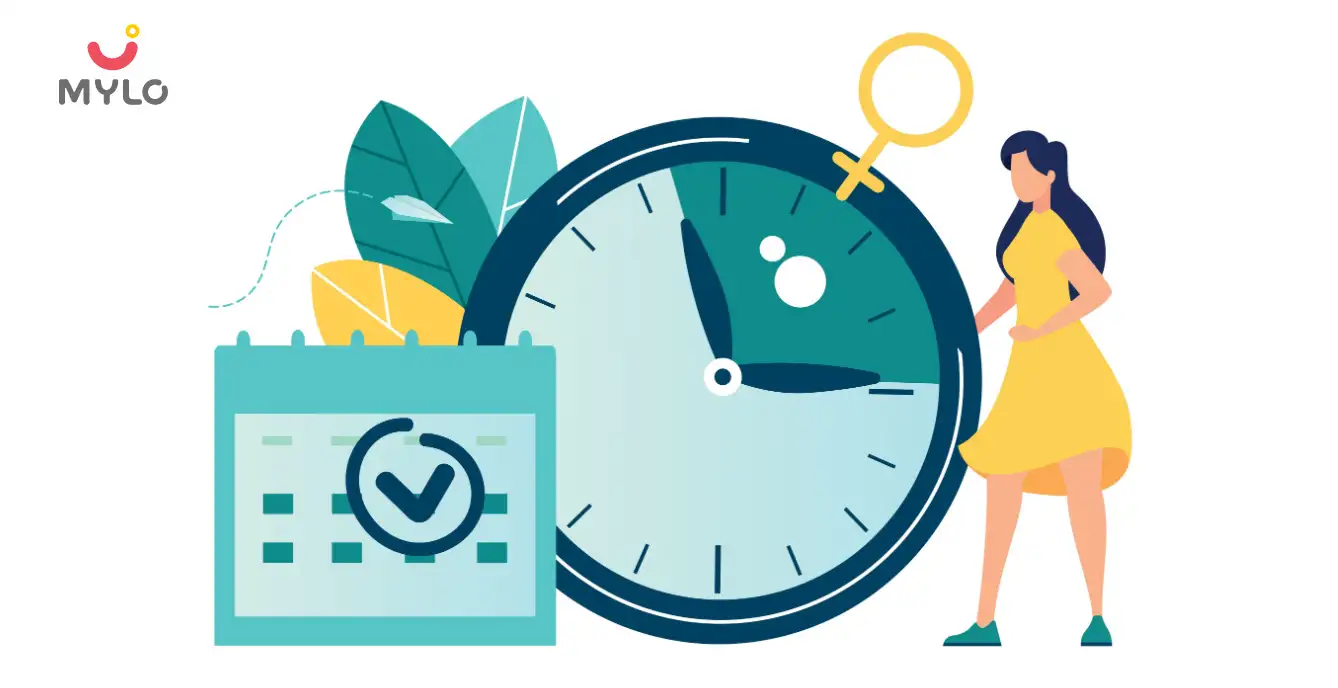
Ovulation
Signs Ovulation is Over: Your Guide to Understanding the End of Ovulation
- Top 15 Akbar and Birbal Stories for Young Kids
- How Soon After an Abortion Can You Get Pregnant?
- PCOS and Sex: Exploring Impact on Health and Debunking Common Myths
- Papaya for PCOS: Exploring the Link and How It Can Positively Impact Your Health
- How to Boost Fertility in Your 30s: The Ultimate Guide
- Anovulation Meaning Explained: What You Need to Know About Its Causes & Treatment
- Basal Body Temperature: How It Can Help You Track Ovulation?
- Ovulation Pain: Is It Normal or a Cause for Concern?
- Special Home Remedies For Gas During Pregnancy
- PCOD Problem After Marriage: Debunking Common Misconceptions and Finding Solutions
- White Discharge After Ovulation: A Normal Occurrence or Cause for Concern?
- Normal Ovary Size: How It Varies and What It Means for You
- 2024 Calendar with Holidays and Festivals of India
- After-Abortion Sex: A Guide to Physical and Emotional Wellness


AWARDS AND RECOGNITION

Mylo wins Forbes D2C Disruptor award

Mylo wins The Economic Times Promising Brands 2022
AS SEEN IN

- Mylo Care: Effective and science-backed personal care and wellness solutions for a joyful you.
- Mylo Baby: Science-backed, gentle and effective personal care & hygiene range for your little one.
- Mylo Community: Trusted and empathetic community of 10mn+ parents and experts.
Product Categories
Baby Carrier | Baby Soap | Baby Wipes | Stretch Marks Cream | Baby Cream | Baby Shampoo | Baby Massage Oil | Baby Hair Oil | Stretch Marks Oil | Baby Body Wash | Baby Powder | Baby Lotion | Diaper Rash Cream | Newborn Diapers | Teether | Baby Kajal | Baby Diapers Pants | Cloth Diapers | Laundry Detergent | Lactation Granules |




